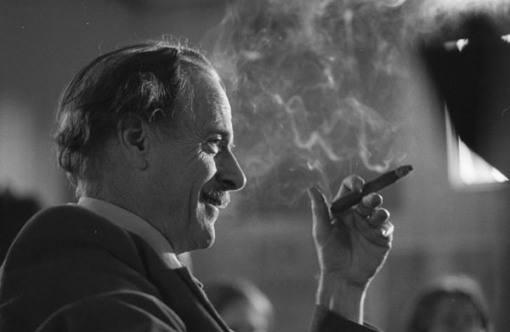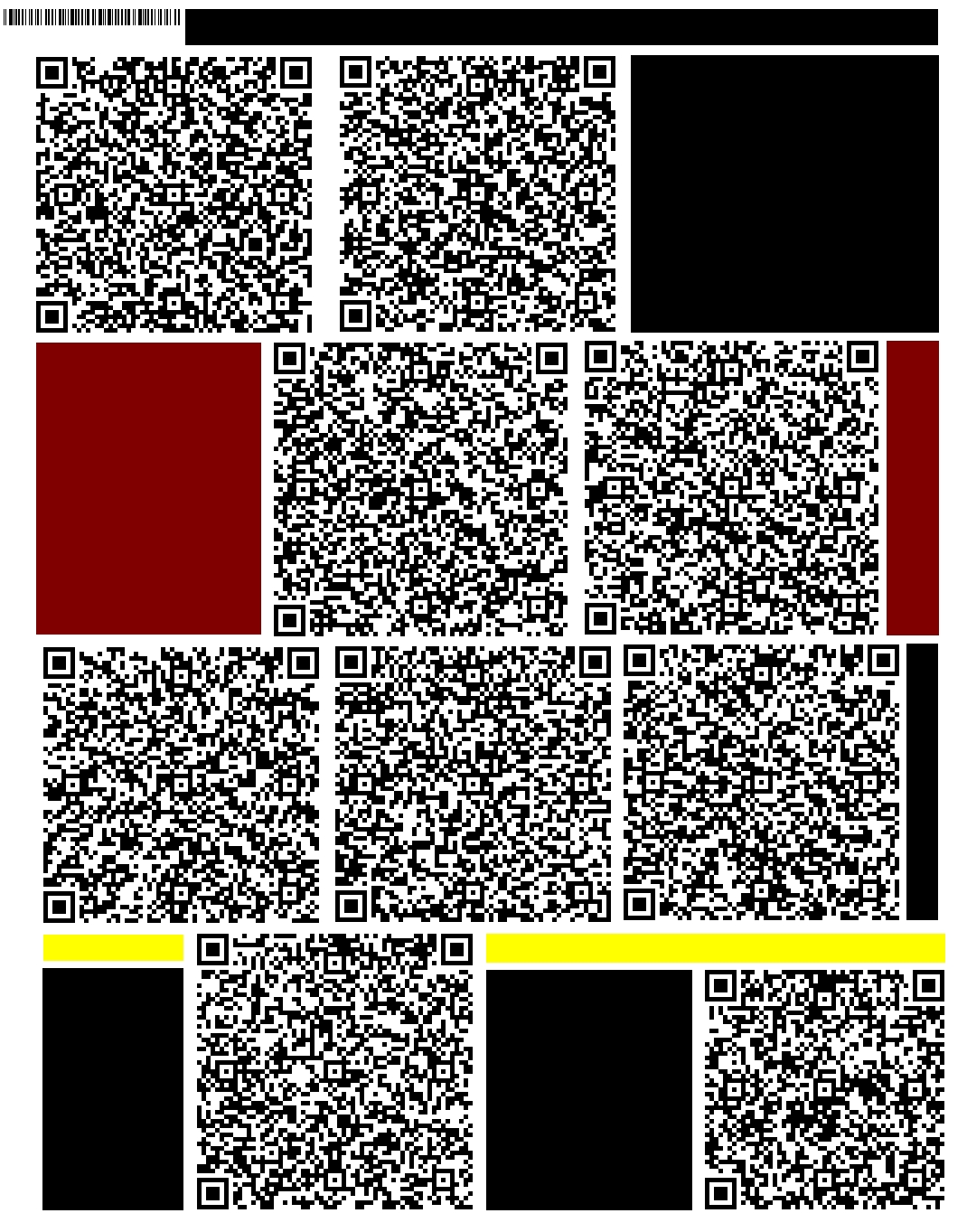Foucault’s second major publication follows the immense History of Madness, and precedes The Order of Things. Its focus on the medical gaze, and on the epistemic shift concurrent with the turn of the 18th century, emphasizes the themes that carry between those two texts. Staunchly archaeological, The Birth of the Clinic traces the moduli of language as evidence and archive, entryways into the probing questions of medical practice and assumption throughout the period. Remarkably, throughout this subtle and sensitive critique of a scientific logic that insists upon the technical objectivity of images and words of the body, Foucault’s own treatment of the body – as historically and socially embedded – avoids direct confrontation with the conditions of possible embodiment of the medical regard itself.
Tag Archives: intellectual history


Internet – Lit Reviews – McLuhan, Manovitch
Whether one accepts straightforwardly deterministic speculation or not, whether one prefers to think the mind and the collective mind as functions of or factors in computing, we are bound by mediating forces. As the paragons of privileged speculation, Marshall McLuhan and Lev Manovich stand unchallenged as the sources for media and software theory in the United States. Their conceptual frameworks are most contentious when held against certain French thinkers’. McLuhan’s insight that all media contain as a message a prior medium finds a counterpoint in Regis deBray’s analysis of media as overlapping paradigms, rather than linear progressions. Manovich’s later contributions to software theory as a field in its own right takes as a direct target the archaeology of media as expounded by Michel Foucault, whose concentration on print and writing as valid archival data severely limits his historiographic impulses. But taking these two Anglo writers’ work on their own, we can unpack just where they stand, as well as their utility and inspiration for contemporary thought. Continue reading

Internet – Lit Reviews – Kittler, Lanier, Jenkins

Foucault – Archeology of Knowledge
Foucault’s methodological treatise, a decade in the writing, dismantles and reassembles historiography and epistemology. Rather than treat its object — discourse — as evidence of contiguous historical phenomena, Archaeology of Knowledge (AK) situates discourse as the rules that govern our organization and understanding of historical (as well as political, social, and other sets of) knowledge. At the same time, it describes discourse as a practice that encompasses the very making of those rules. True, then, that this abbreviated forum, as always, would fall short of adequate recapitulation of the book’s themes, let alone to float critique. But we can try:
The frontiers of a book are never clear-cut: beyond the title, the first lines, and the last full stop, beyond its internal configuration and its autonomous form, it is caught up in a system of references to other books, other texts, other sentences: it is a node within a network. Continue reading
Foucault – Position – Epistemic Limits
Whether coursing through archival data or meditating on turns of language, Foucault’s early works — the History of Madness, the Birth of the Clinic, the Order of Things, and the Archaeology of Knowledge — each address ways of knowing how and what we think. Based on the approach in those works, we can refocus their efforts onto a tertiary question. While lacking the familiar modulus of power, this approach can still maintain a close attention to the thought of thought as such. It helps elucidate how we conceive of the conditions to this reflexive thought, and thereby to sketch contemporary epistemic limitations. The motivating impulse here, then, is: What exists outside our conditions of possibility of thought, and how can we know it? Continue reading

Internet – On the Histories
This series digresses here to review and consider internet history. This includes, of course, the well-documented series of events and interactions and innovations and and and … that led to what we see when we go online these days. It also includes the conditions under which those events and interactions and innovations and so on took place, to inform ongoing research into internet development in other parts of the contemporary world. And, these posts stemming from the skeptical position of cultural scholarship, it also questions who gets to write the history of the internet, and with what sources. This line of questioning leads us back, cautiously, to the major themes of the semester.
Foucault – Tutor-Texts and Intellectual Lineage
This first post in a short-term regular series of essays on Michel Foucault deals with his most famous influences. I begin with the precursors to Foucault’s own production of knowledge because their work and tutelage form the conditions of that production. This requires that I oversimplify some of their contributions to cultural scholarship and critical theory. I hope to maintain a baseline level of respect for their importance without fetishizing their names, just as I intend to maintain the tension between the familiarity of Foucault’s own name and the irreducibility of his intellectual production to any single certain thought or text. Enough lingering on qualifications and breast-beating, then. Let me turn to the names and their significance for Foucault’s emergence as a theoretical producer – and event.

- Michel Foucault – image via Creative Commons.